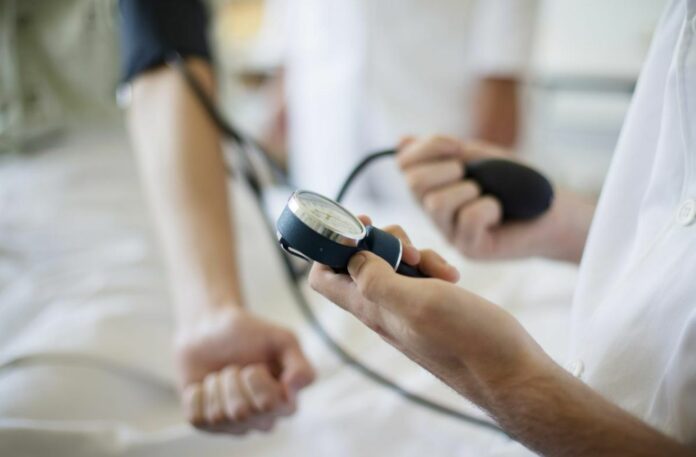Listen to Your Body, Even When Lying Down: The Crucial Blood Pressure Measure Many Miss, According to a New Study presented by the American Heart Association.
Elevated blood pressure readings when lying down correlate with a heightened risk of cardiac issues, including heart attacks, strokes, heart failures, and early mortality.
This connection emerges from the latest findings set to be showcased at the 2023 Hypertension Scientific Sessions by the American Heart Association, scheduled from September 7-10 in Boston.
Blood pressure is usually modulated by the autonomic nervous system across various body postures. However, the gravitational force can lead to blood accumulation when one is sitting or standing, challenging the body’s capability to stabilize blood pressure in different positions, as pointed out by the study’s authors.
Highlighting a potential oversight, Duc M. Giao, the chief investigator and a senior medical student at Harvard Medical School, noted, “If blood pressure is only measured while people are seated upright, cardiovascular disease risk may be missed if not measured also while they are lying supine on their backs.”
The research method involved analyzing health records of 11,369 adults from the Atherosclerosis Risk in Communities (ARIC) study, with data from 1987-1989.
While the participants, with an average age of 54, were mostly women (56%), 25% identified as Black. The study’s duration extended over approximately 25-28 years, stretching until the 2011-2013 ARIC follow-up.
Key insights revealed:
- Among the group, 16% who displayed normal seated blood pressure levels (considered below 130/80 mm Hg in this study) showed elevated levels when they lay down. On the other hand, a significant 74% who had high readings while seated also reflected this when lying down.
- When contrasting with individuals maintaining normal blood pressure in both seated and lying positions, those with elevated readings in both postures faced increased health risks: a 1.6-fold higher likelihood for coronary heart conditions, 1.83-fold for heart failure, 1.86-fold for potential strokes, 1.43-fold for untimely death, and a notable 2.18-fold for mortality stemming from coronary heart issues.
- Participants reflecting high blood pressure only when lying down had risks on par with those showing high readings in both positions.
- The study also found that variations in blood pressure medications didn’t alter the heightened risks for any of the groups.
The impact of varying blood pressure medication remained consistent across the board.
Giao added “people with known risk factors for heart disease and stroke may benefit from having their blood pressure checked while lying flat on their backs.”
“Efforts to manage blood pressure during daily life may help lower blood pressure while sleeping. Future research should compare supine blood pressure measurements in the clinic with overnight measurements.”
Giao noted that the study primarily centered on middle-aged adults at the time they were enrolled, suggesting that the findings might not necessarily apply uniformly to senior age groups.
Image Credit: Shutterstock
